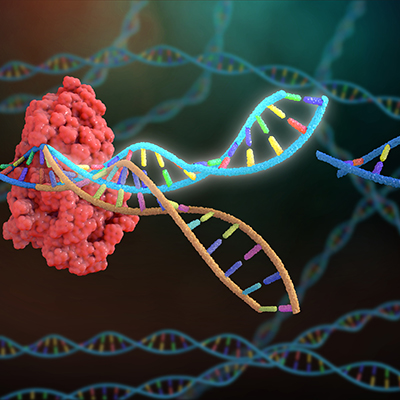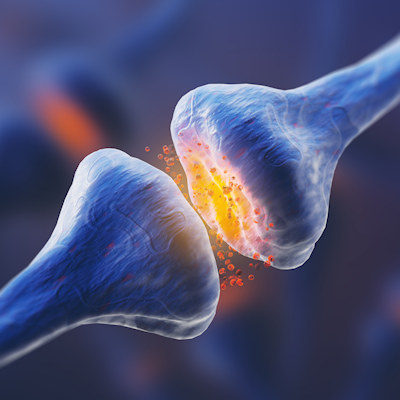September 27, 2022 -- Using CRISPR gene editing technology on rat embryos, University of Wisconsin-Madison researchers have revealed the mutation that is responsible for progressive gait abnormalities and other symptoms in human infants and young children with a rare neurodegenerative disease.
Their study, published September 26 in Proceedings of the National Academy of Sciences (PNAS), describes how the researchers used CRISPR gene editing to create mutations in rat embryos. The research team induced a specific mutation in the TFG gene, which encodes for a protein involved in the transport of other proteins inside neurons. The mutation has been seen in children with hereditary spastic paraplegia (HSP), but details of the mechanism were unclear.
Earlier efforts to study HSP have been undermined by the lack of good animal models. The neuronal pathways that carry information related to movement throughout the body appear to differ too much between mice and humans to provide useful information. By applying CRISPR-Cas9 gene editing to rats, the authors of the PNAS paper created a model that more closely mimicked human biology.
Using the rat model, the researchers linked the TFG p.R106C mutation to the progressive weakness and stiffness of the legs that causes children with HSP to become wheelchair-bound from 2 to 5 years of age and are not able to walk again. The study also found the mutation is behind the buildup of cerebrospinal fluid in the brain ventricles and the thinning of the bundle of myelinated nerve fibers that connect the two brain hemispheres.
Analyzing primary cortical neurons taken from the gene-edited animals revealed a delay in biosynthetic secretory protein transport from the endoplasmic reticulum. The TFG protein is involved in maintaining the normal dynamic function of the endoplasmic reticulum. Impaired TFG function compromised the transport of endosomal cargoes, resulting in down-regulated inhibitory receptor signaling that may drive excitation-inhibition imbalances.
Collectively, the analyses suggest TFG plays multiple roles in secretory and endosomal protein sorting in cells in the central nervous system and reveal the importance of those pathways to the maintenance of motor neurons. The identification of the role of the protein in HSP points to potential ways to address an unmet medical need.
"Exercise has been the only therapy that exists for these patients, and that's really unsatisfactory," Anjon Audhya, PhD, senior associate dean for basic research, biotechnology, and graduate studies at University of Wisconsin-Madison, said in a statement. "I think we've made a major leap forward in just having a model where you can test out different hypotheses. That's big, from my perspective."
Audhya is hoping more scientists will build on the findings and ultimately drive the development of new treatments for HSP.
"These are populations that are underserved. A pharma company is not likely to spend huge resources for an affected population that's so small. Instead, they're going to focus on diseases like Alzheimer's and Parkinson's," Audhya said. "So, I felt here's a disease that is broadly overlooked, underinvested in, and here's an area where we can make an impact."
Copyright © 2022 scienceboard.net






